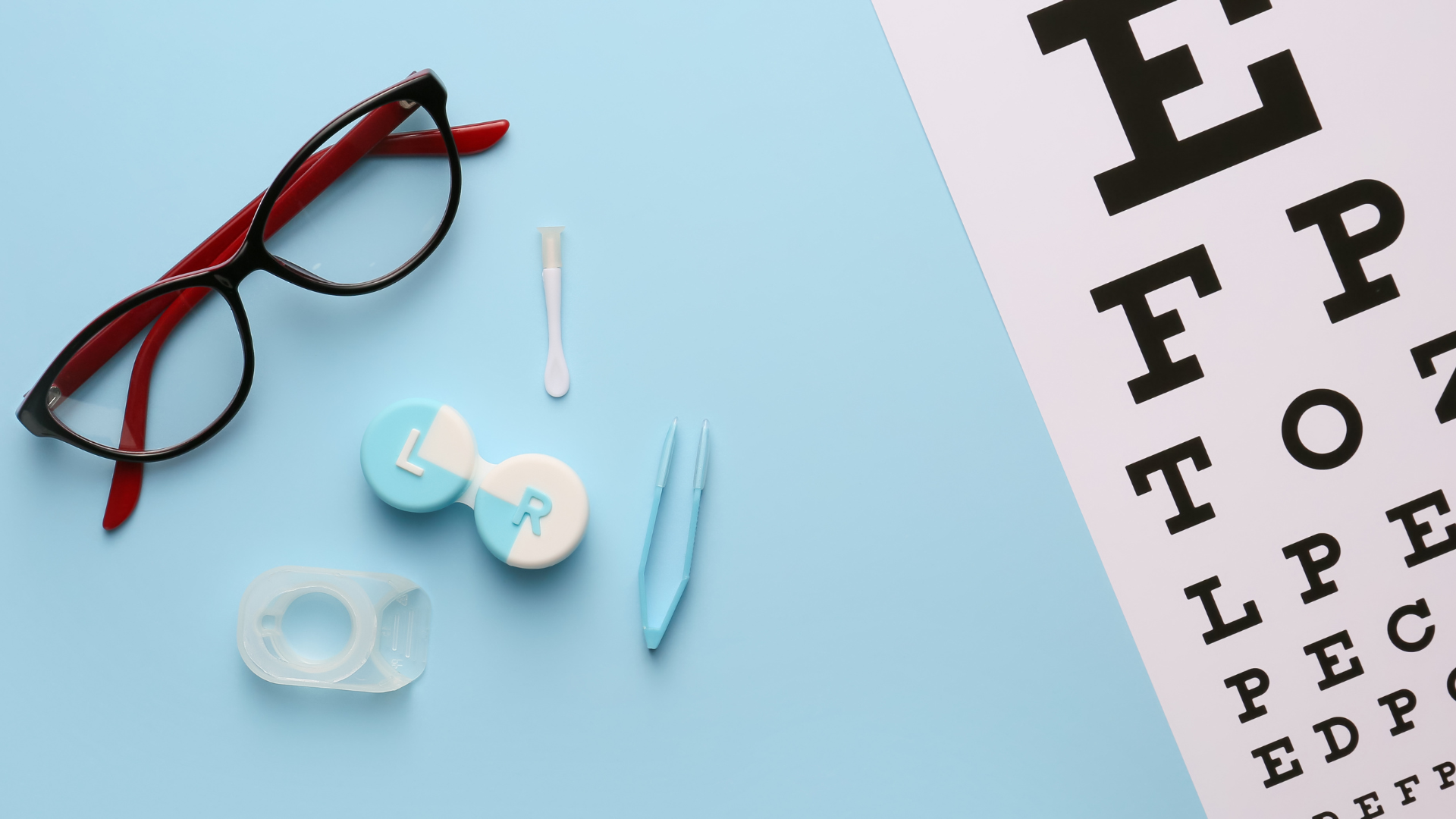The Benefits of Integrating Your OphthalmologyEHR and Phone System
Imagine racking your brains out planning for a patient's long-term eye care only for them to forget their scheduled follow-up visits. Not only will it compromise the treatment's effectiveness, but it could also worsen the patient's condition.
So, how do you ensure patients return for follow-ups and maintain treatment adherence?
The first step is often convincing them how important these check-ups are, even before their eye conditions worsen.
However,
research shows there's more to it than negotiating risks. To ensure your patients stay engaged and committed to their eye care, you must consistently send them reminders about their care plans beyond scheduled visits.
It's all about communication, and it's a crucial reason why ophthalmologists should invest in improving their strategies and channels. Integrating your phone system with your ophthalmology EHR can do wonders for your patient engagement and retention efforts.
Here's why:

1. You Have What You Need A Click (or Two) Away
Imagine you're getting a call from a patient with questions about their treatment. You're forced to put them on hold as you frantically search through stacks of files and folders to find the necessary information. An ineffective EHR system can make this situation a hassle for you and your patient.
But what if your phone system and ophthalmology EHR were seamlessly
integrated into one platform? Need to answer a call? Just a simple click. Need to access patient records? The system will automatically pull up their complete medical history for you in just a few quick steps.
It's all about simplifying your workflow and leveraging your existing EHR tools to improve efficiency. Physicians, nurses, and administrative staff can quickly access patient records, discuss treatment options, and share critical information during phone calls. This real-time collaboration reduces miscommunications and ultimately improves the overall healthcare experience.
2. Never Miss a Call, Never Miss a Beat
When your EHR system connects to your phone, you get the extended advantage of other handy digital features. Just like you jot down digital notes for each patient visit, you can do the same for phone calls. This way, all your team members can easily know what has been discussed with the patient or when they were last contacted. This makes your team work smoothly together, avoiding extra work and giving patients the support they need effectively.
And what about those late-night questions or patients who like to call after regular hours? The integration also covers voicemail features, so your patients can leave a message when it suits them, and you can rest assured knowing that no critical information slips through the cracks.
Read More:
Don't Miss The Benefits of EHR-Integrated Chat Apps at Your Ophthalmology Practice
3. You Can Easily Plan for Patient Recalls
While inbound calls are more streamlined, outbound calls — including patient recalls and follow-ups — can be systematically planned. The integrated system allows you to easily mark and track important dates in your patient's medical history. Whether it's the date of their last appointment, the due date for their next visit, or specific milestones in their treatment plan, all this information is at your fingertips.
Tapping the benefits of EHR systems for your recall strategy is what Meditab's IMS Recall Manager is best at. The system has configurations for each step of the recall flow, from appointment booking, calendaring, recalling, and back to scheduling.
A tech-driven cycle reduces the chances of missed appointments. Patients are less likely to forget about their scheduled visits when they receive timely reminders, leading to better patient attendance and improving your practice's overall efficiency.

4. It Improves Patient Engagement
Patients today are more engaged and informed about their healthcare than ever before. With EHR and phone system integration, healthcare providers can offer a personalized experience to their patients.
By accessing patient data during a call, physicians can discuss specific treatments and medications, address patient concerns, and provide tailored guidance.
This level of personalized care increases patient satisfaction and leads to better health outcomes.
5. It Reduces Costs and Staff Burdens
While the initial investment in integrating EHR software and a phone system may seem daunting, the long-term cost savings are substantial.
Reduced administrative workload, improved efficiency, and fewer patient records and billing errors contribute to financial benefits that make this integration a wise investment for ophthalmologists.
Read More: How a Check-In App Can Streamline Your Ophthalmology Practice

Integration Paves Better Outcomes and Holistic Care
When it comes to long-term eye care, the vision is clear: you want to ensure your patients return for their follow-up visits.
It's time to see eye to eye with your patients and provide them with the exceptional care they truly deserve. With
Intelligent Medical Software (IMS), you can bring your patient management to a whole new level of efficiency. It's like upgrading from an old pair of glasses to a brand new, high-definition pair with all the latest features.
Ensure patients receive the care they deserve. Don't just have a phone; have
IMS, and
see the world of difference it can make.
Streamline patient records, optimize practice performance, digitally plan and share surgery sheets, communicate with prospective patients, manage lens inventory, and coordinate quality care across your office with OphthalmologyEHR.











